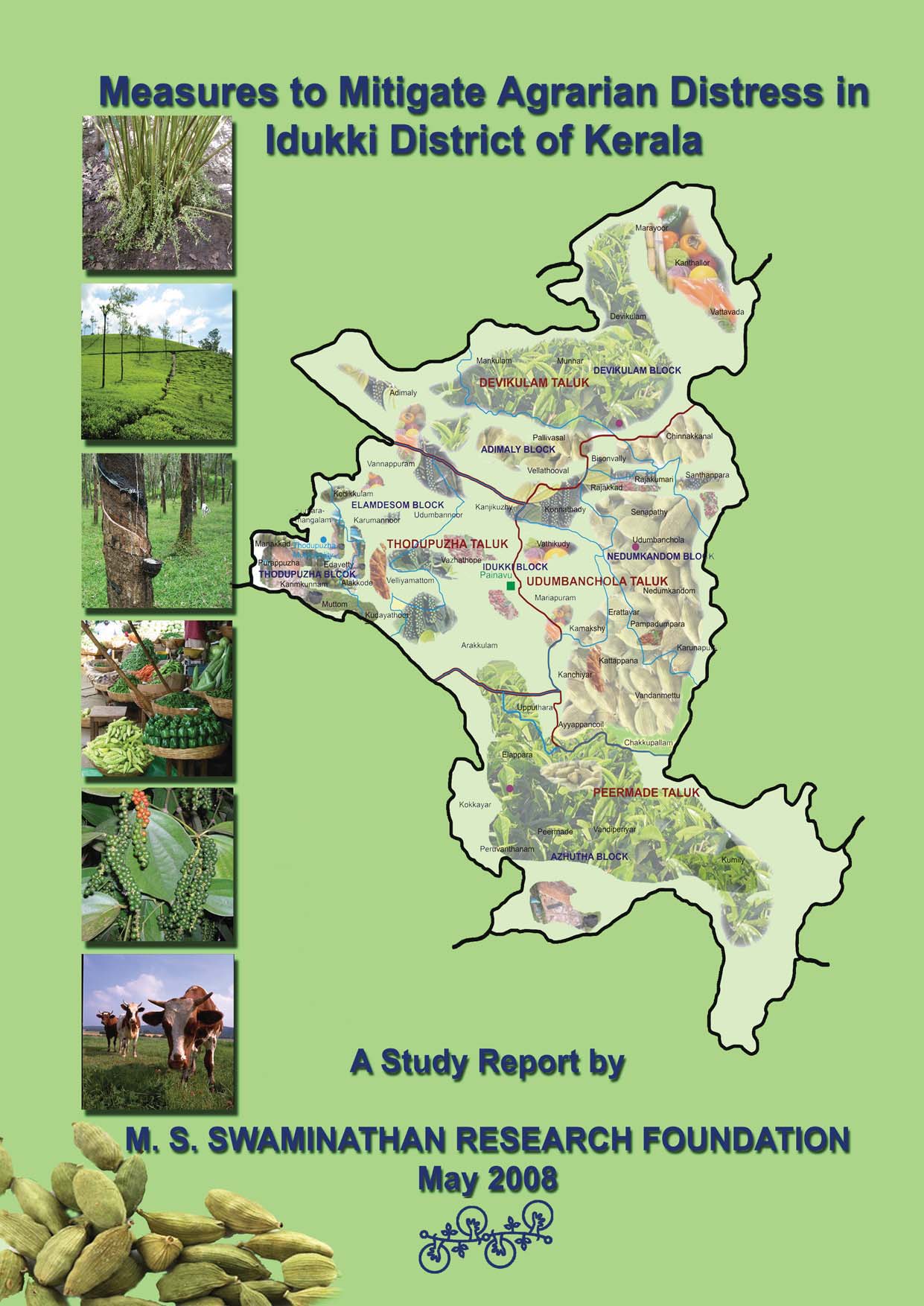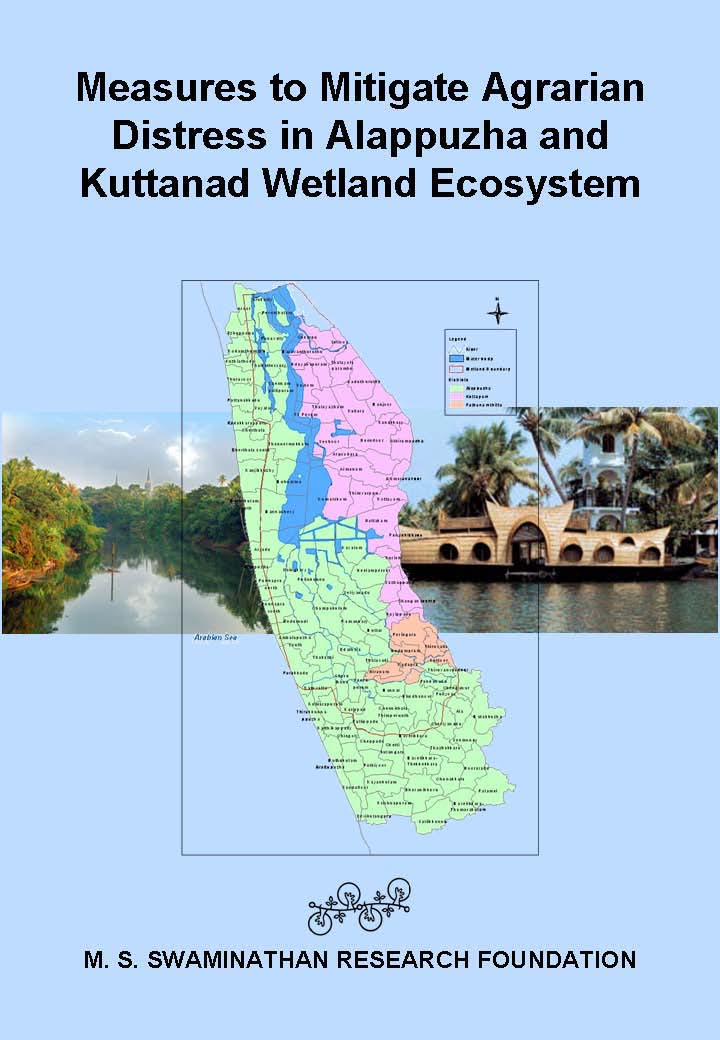Kerala Plains
Depleting water resources in Thalassery, Kerala: Huge effort is required to address water supply and sewerage handling issues
Posted on 22 Apr, 2012 02:57 PMAuthor : Fazal Maliyakkal
Community managed sanitation in Kerala - Tools to promote governance and improve health - A Report by the World Bank Institute
Posted on 16 Jan, 2012 01:14 PMIt also deals with the efforts made by the Government of India to revolutionise sanitation services in the state of Kerala, with the aim of improving public health. Earlier experience had shown that significant governance problems had hindered water and sanitation reforms in local and national programmes in the state.
The Mullaperiyar dam debate - An issue of safety versus rights?
Posted on 12 Dec, 2011 10:40 AMThe issue that has been making headlines in the last few days has been that of the continuing debate between the states of Kerala and Tamil Nadu over the Mullaperiyar dam. This debate has opened up a number of issues related to the ownership and use of water between the two states of Tamil Nadu and Kerala in the context of the current changes and the loss of relevance of the laws and decisions made during the colonial rule; the water sharing, irrigation and power generation needs of both the states; and the recent concerns on the safety of the dam in Kerala versus the urgent irrigation needs of the agricultural sector in Tamil Nadu.
A view of the Mullaiperiyar dam on Kerala-Tamil Nadu border at Kumili.Photo: Vibhu
Image Source: The Hindu
This article sheds light on the history of the Mullaperiyar dam and the background for the current deadlock between the two states over the dam. The current deadlock between the two states over the dam is essentially not a dispute for water, but has its roots in the colonial times, and has to do with the need to come to terms with the agreements and decisions made in those times with changing economic, political and environmental contexts and concerns about the safety of the dam in Kerala versus the irrigation needs of the farmers in the state of Tamil Nadu.
Measures to mitigate agrarian distress in Idukki district of Kerala : A study report by MSSRF
Posted on 10 Jul, 2011 07:38 PM Although Idukki is generally perceived as a ‘spices district’ and a ‘plantation crop district’, about 95 per cent of the farmers here are small with tribal farmers constituting a substantial component. Public investment in agriculture in this district is very poor and this hampers agricultural progress and rural livelihoods in many ways.
Although Idukki is generally perceived as a ‘spices district’ and a ‘plantation crop district’, about 95 per cent of the farmers here are small with tribal farmers constituting a substantial component. Public investment in agriculture in this district is very poor and this hampers agricultural progress and rural livelihoods in many ways.
As a result of high cost of production of major crops and its volatile prices, small farmers who constitute the majority of the farming population have accumulated debt burden exceeding 700 crores. More than eighty per cent of this debt is due to crop loans to small and marginal farmers.
The recommendations in this report are made after giving due consideration to ongoing programmes and resources being made available thereof. These are mainly focused on the small, marginal and tribal farmers and other economically disadvantaged sections. The stress is on sustainability of agricultural production systems and strengthening the regional ecology.
Measures to mitigate agrarian distress in Alappuzha and Kuttanad wetland ecosystem – A study report by MSSRF
Posted on 01 Jul, 2011 06:51 AM In spite of its natural wealth, the Alappuzha district has a high proportion of population living in poverty.
In spite of its natural wealth, the Alappuzha district has a high proportion of population living in poverty.
Recognizing that the process of preparation of a mitigation plan report is as important as the product, the MSSRF team held wide ranging consultations with all concerned with the economy, ecological security and livelihood security of Kuttanad wetlands. Information on the consultations held and visits made are given in the report. It contains a malady-remedy analysis of the problems and potential solutions.
The greatest challenge in dealing with multidimensional problems in our country is our inability to generate the necessary synergy and convergence among the numerous government, non-government, civil society and other agencies involved in the implementation of the programmes such as those outlined in this report. This is why the team has suggested both high-level policy guidance and monitoring committee as well as a task implementation mechanism.